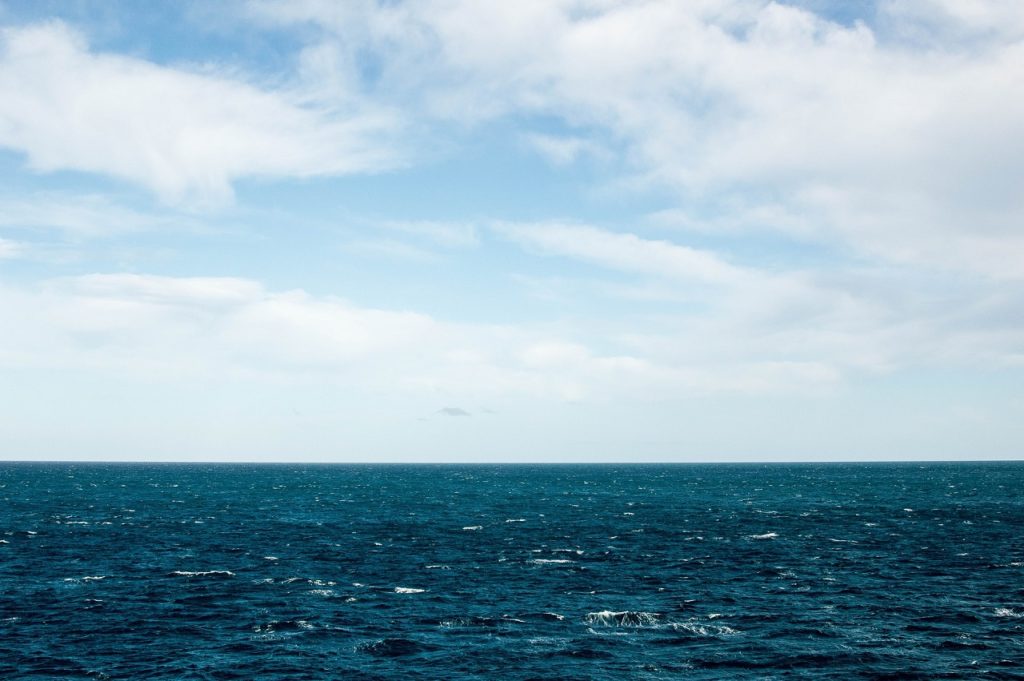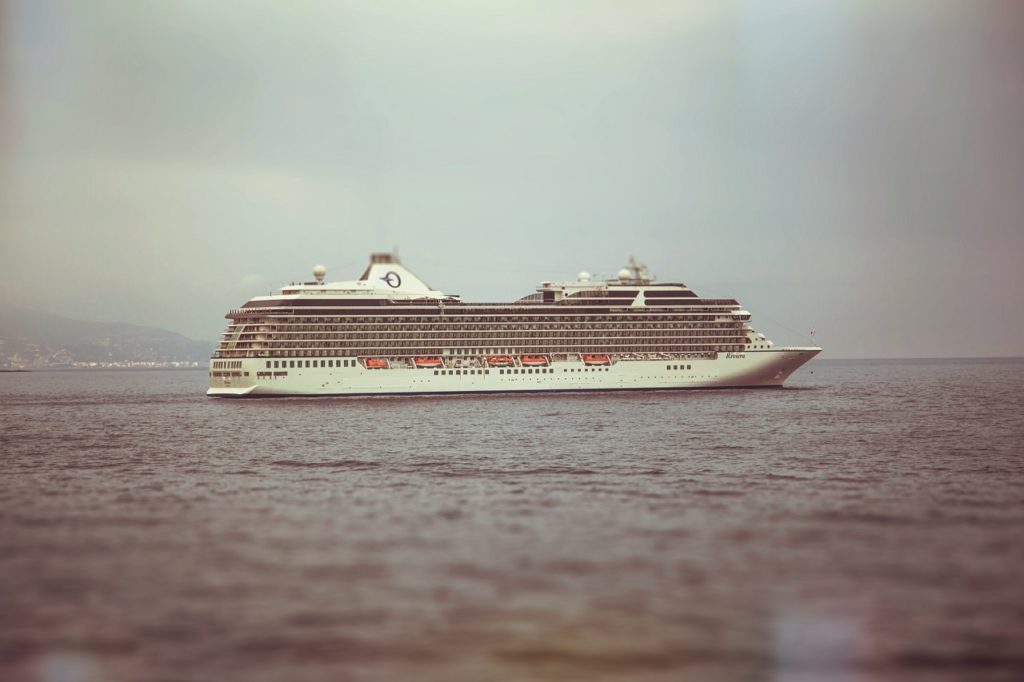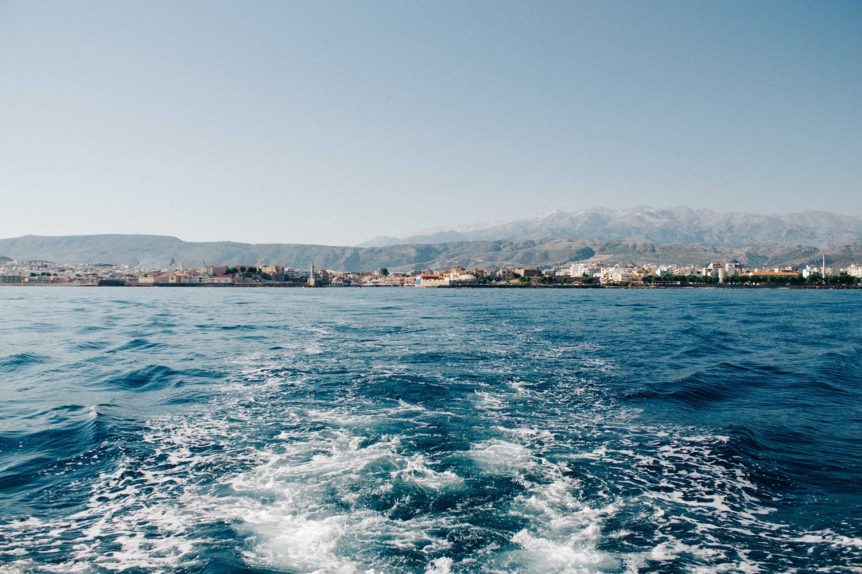If you were a fugitive on the run, where would you escape to? Is there any place on earth you could go where law enforcement couldn’t get to you?
Well, one option would be to buy a yacht or sailboat and head out to the high seas and live out the rest of your days there. Sort of like a modern-day Jack Sparrow. At least that’s what all the spy novels and Hollywood action movies would have us believe.
While that might seem plausible in theory, that’s not how it works in real life. It’s not exactly a lawless limbo that you can run to, to escape from the long arm of the law.
So, how does it work? Are there laws in international waters? Here’s everything you need to know.
International Waters Definition
International waters, or the “high seas,” as they are sometimes called, are the areas of the ocean that don’t fall under any nation’s jurisdiction. They are beyond a nation’s reach, which means that no one “owns” them. The next logical question would be – where do international waters begin?
They generally start where territorial waters end. So, countries own the waters that stretch out 12 miles from the shoreline. Anything that happens in this region is subject to the laws of that state.
So, it has the right to allow or deny passage through it or flights over it, extract natural resources that may be in this zone, and even build. It is simply an extension of the land.
Countries that border the open sea also have a designated exclusive economic zone (EEZ) that stretches out 200 miles from the shoreline. The maritime country that owns the EEZ also owns the mineral resources and marine wildlife within it but cannot prevent watercraft or aircraft from passing through it or over it.

Anything beyond that is considered international waters.
Gulf of Mexico International Waters Map
The Gulf of Mexico is the exception to the 200-mile rule. The region’s continental shelf extends by 350 miles in the Western Polygon based on bilateral treaties between Mexico and the US, the United Nations Convention on the Law of the Sea, and international law.
International Waters Laws
Now, contrary to what you might think, international waters do not constitute a “no man’s land” – so to speak. It is a bit more complex than that. The high seas are usually broken into various sections, with different countries having various rights over the waters in these sections.
Each has certain regulations that govern the activities that can take place there based on an agreement reached between two or more nations. This is what forms the basis of international waters laws.
International water law is defined as an agreement between nations that outlines the rules and regulations that apply to a specific section of the waters in the open seas. Once all the nations sign a treaty, the international waters law goes into effect thereafter.
International Law of the Sea
As per the guidelines presented by the United Nations Convention on the Law of the Sea (UNCLOS), every state has the power and authority to exercise its jurisdiction over all social, technical, and administrative matters on watercraft with its flag.
If, for instance, a ship had a fugitive on board, they would be subject to the laws of whichever country the watercraft is registered to.
Crimes Committed on the High Seas

The US can also assert its jurisdiction and authority in international waters by other means, in certain situations. The US Code grants power to the federal government to exercise what it terms as “Special Maritime and Territorial Jurisdiction” over:
- Any island or rock found to have guano deposits as per the discretion of the President
- Any place that falls outside the jurisdiction of any country with regards to a crime committed against any US citizen
- Any foreign watercraft scheduled to depart from or arrive in the US that’s involved in a crime perpetrated against a US citizen
To be clear, “guano” refers to the excrement of seabirds or bats.
So, what this law essentially means is that, if you commit a crime and you flee the country to some god-forsaken poop-covered island or rock, in the middle of nowhere, out on the high seas, that piece of land also belongs to the US government. So, they can still send the government machinery to arrest you.
If, on the other hand, you (the fugitive) were a foreign national on a boat in international waters flying a foreign flag, the government would be less likely to capture and arrest you for avoiding violating the jurisdiction that the other country has in that section of the open seas. “Likely” but not guaranteed.
Piracy in International Waters
International law generally recognizes a county’s assertion of its jurisdiction over international waters if the offense is considered a universal crime. Piracy falls into this category of offenses.
Law of the Sea Example – Cruise Ships

If you decided to go on a Dutch cruise flying under a Dutch flag, you would be bound by the laws of the Netherlands regardless of your citizenry.
Now, if you happened to be cruising by the territorial waters of the US where gambling is considered illegal, playing Poker in the onboard casino would be deemed illegal. So, the ship casino would have to remain closed until the vessel clears the US territorial waters.
What about smoking marijuana on a cruise? Can you get “high” out on the high seas? Are drugs legal in international waters? The one thing you need to keep in mind is that regardless of how far from a nation’s shoreline you might be, you’re still subject to the laws of the state the vessel you’re on is registered to.
So, since cannabis is considered illegal in the Netherlands, as per our earlier example, partaking in Marijuana onboard a Dutch cruise would be prohibited by law.
No Place to Hide
While international waters don’t belong to any nation, the United Nations Convention on the Law of the Sea lays out guidelines that give countries the power and authority to exercise their jurisdiction over all the social, technical, and administrative matters concerning ships flying their respective flags.
So, no one can get away with crimes committed on the high seas, nor can you hide out on any rock or island on international waters, if you’re an American fugitive.
If you have any legal questions on maritime law, feel free to chat online with a maritime law attorney.
